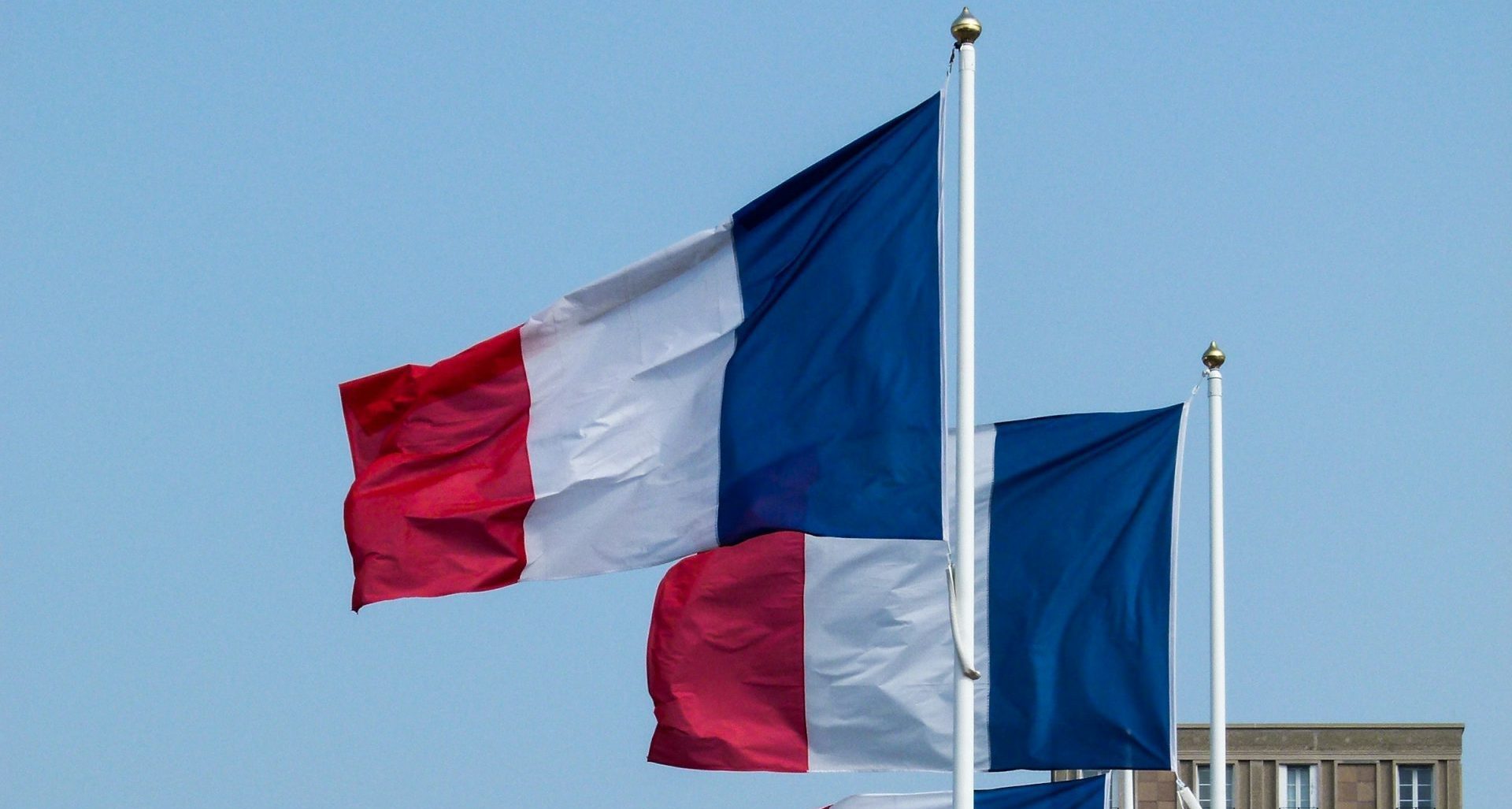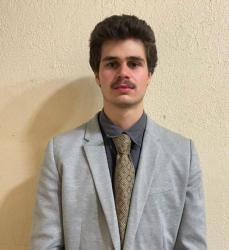
News Writer Christopher Crowson reports on Russia Elections 2024 and how Putin will maintain his grip on power
From March 15-17, Russian citizens headed to the polls for their country’s presidential elections. A landslide victory was guaranteed for Vladimir Putin, who secured his fifth term as Russian President.
Kremlin critics questioned the democratic nature of the elections and international observers deemed them ‘neither free nor fair’, so neither Russian citizens nor the international community anticipated a surprising outcome. As Russia’s longest-serving leader since Joseph Stalin, Putin’s 24-year rule was likely to continue with another 6-year term.
A landslide victory was guaranteed for Vladimir Putin, who secured his fifth term as Russian President
Professor Samuel Greene, a Russian politics expert at King’s College London, spoke to The Independent about how the Russian presidential elections operated. He noted that becoming a candidate was an extremely complex process overseen by the Kremlin, effectively preventing any serious Putin critics from appearing on the ballot.
He stated that non-parliamentary candidates had to undergo ‘a system of petitions’ and collect ‘tens of thousands of signatures that had to be verified.’ Professor Greene then highlighted how Russian authorities often disqualified signatures collected by genuine opposition candidates.
He added that all parties and candidates underwent a vetting process, in which the Kremlin determined who could and could not participate in the elections. Those selected for the ballot did not realistically expect to win the election. Consequently, Putin’s ‘opposition candidates’ tended not to campaign vigorously or make controversial statements.
Despite the obvious autocratic elements, the BBC reported that ‘the Kremlin aimed to give a semblance of legitimacy to Russia’s electoral process.’ According to Professor Greene, the Russian authorities recognized that there was some opposition within the population, therefore, they allowed citizens to ‘vote for a candidate and party that was controlled by the Kremlin and was reliable in not causing problems.’
The candidates who ran against Putin in this year’s presidential election included:
Firstly, Russian Communist Party leader Nikita Kharitonov. Since 2000, his party had consistently finished a distant second behind the incumbent. According to a state pollster in February, 4% of the population had indicated their willingness to vote for him.
Secondly, Leonid Slutsky, leader of the ultra-nationalist Liberal Democratic Party of Russia. Similarly, 4% of Russian citizens were prepared to vote for him.
…they allowed citizens to ‘vote for a candidate and party that was controlled by the Kremlin and was reliable in not causing problems.’
Thirdly, Vladislav Davankov, the youngest and most liberal (by Russian standards) of all the candidates. He represented the New People party. 5% of Russians planned to place their vote with him.
Although all three candidates had differing political positions, they all more or less supported the current regime and were unlikely to challenge Putin significantly.
Elections also took place in occupied Ukrainian territory, where polling stations had opened 10 days earlier. Russian authorities worked to ensure that its inhabitants participated in the vote.
Putin’s fifth term in office was ratified on March 18, which came as a surprise to no one. As anticipated, Vladimir Putin won the elections, extending his rule and maintaining his strong hold on power.
Read more News updates here:
Gang Violence Intensifies in Haiti, Disrupts National Stability
Women’s Unions Warn Cuts to Public Services in England Will ‘Reverse’ Gender Equality

Comments